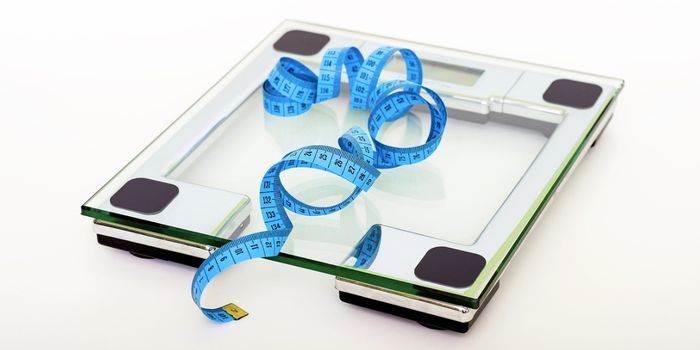Cut Salt to Reduce Blood Pressure
A new study published in the Journal of the American Medical Association has shown that almost everyone can lower their blood pressure by reducing their salt intake.
The crossover study included 213 participants ages 50–75 years who had a range of blood pressures from normal blood pressure to untreated hypertension. It also included participants who were taking medications to treat high blood pressure. Participants completed a baseline visit while on their normal diet, then they completed one week of a low-sodium diet (around 500 mg of sodium per day) and one week of a high-sodium diet (around 2200 mg of sodium per day on top of their usual intake). Their blood pressures were measured throughout the study.
The results showed that by lowering sodium intake, over 70% of participants saw a reduction in their blood pressure. Participants’ median blood pressure was 7 to 8 mm Hg lower on the low-sodium diet compared to the high-sodium diet, and it was 6 mm Hg lower on the low-sodium diet compared to their standard diets. The results were consistent across all participants, including those with normal blood pressure, those with high blood pressure, and those who were taking medications to treat high blood pressure.
The authors of the study noted that the effects of the low-sodium diet on blood pressure were comparable to the effects of a leading blood pressure medication. They also noted that even a small reduction in sodium is likely to have a positive impact on blood pressure, similar to the way that any physical activity is better than none for overall health. Uncontrolled high blood pressure causes extra pressure on the arteries and can lead to heart attacks, strokes, and heart failure. High blood pressure is the number one cause of morbidity and mortality worldwide, and even small steps to control it could have a major impact on health and lifespan.
Sources: JAMA, Science Daily








